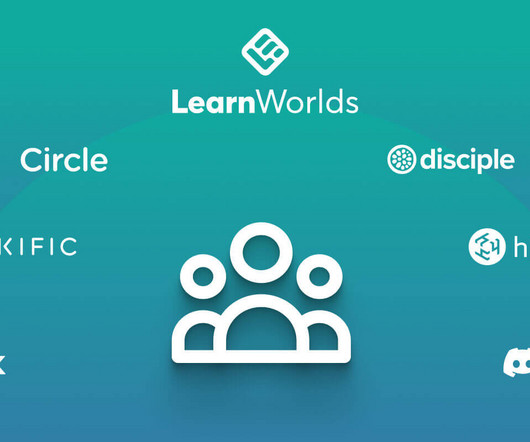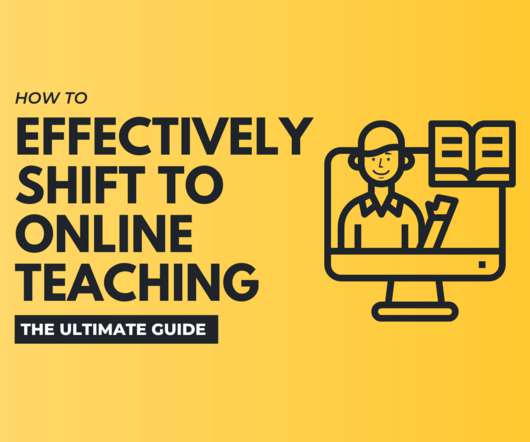TCC08: What can Educators Learn from Online Religious Communities?
Experiencing eLearning
APRIL 17, 2008
Presented by Scot Headley, Amy Dee, Sue Phillips, Tricia Meyer, Jeanette Eggert. Based on seminar where doctoral students created online community projects. No evidence of learning from others’ posts. Forum is good for giving students time and space to think carefully and express themselves. Sue Phillips.















Let's personalize your content